Charles Farrell
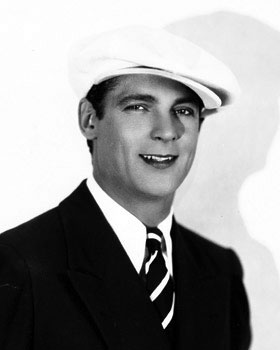
Stars


Charles Farrell's patrician features placed him among the most luminescent of filmdom's early stars and his business acumen took him to the barren desert east of Los Angeles where he built a posh tennis club atop scrub brush.
He and Janet Gaynor were America's most famous film couple in the late 1920s and early '30s when motion pictures first found a voice. But Farrell's popularity declined when his Boston Brahmin enunciations brought him into disfavor with the old Fox Studios front office. Tired, he said years later, of trying to portray James Cagney with an accent more like James Mason's, he left films and—despite the forbidding Great Depression—he and actor Ralph Bellamy in 1934 built two tennis courts on sand drifts and scrub that they surrounded with a ramshackle board fence.
The endeavor proved so successful that the Charles Farrell Racquet Club in Palm Springs was to become not only the setting for his own fortune but for a late 1950s television series that starred Farrell as the club's owner, dealing with the minor travails of family and staff.
His big break in Hollywood came in 1927, when Farrell was cast opposite Gaynor in "Seventh Heaven." The movie brought Gaynor the first Academy Award ever given an actress and turned Farrell from a struggling actor into a star. They made 11 other films, including "Street Angel," "Lucky Star" and "The Man Who Came Back" before their final teaming in 1934 in "Change of Heart."
In a 1952-55 television series, Farrell played financially successful but authoritarian widower Vernon Albright, father of the mischievous Gale Storm, in "My Little Margie."
By the time he sold the Charles Farrell Racquet Club in 1959 for a reported $1.2 million, Farrell had not only become Palm Springs' most famous and enduring resident but the city's mayor from 1947 to 1955.
Related stars
|
|
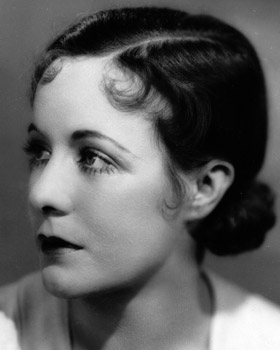
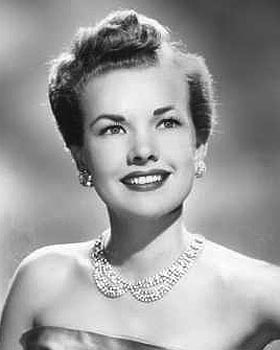
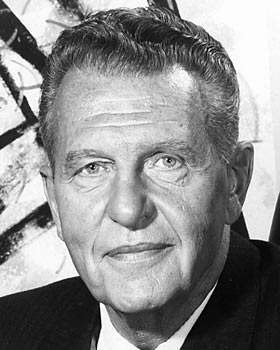
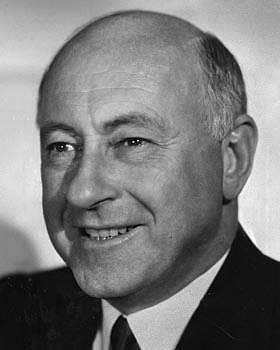
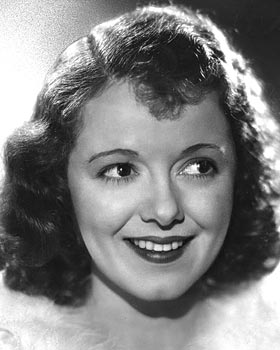
One thought about Charles Farrell
Share a thought about Charles Farrell